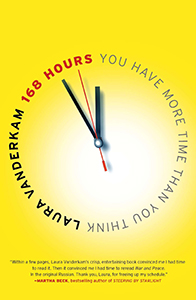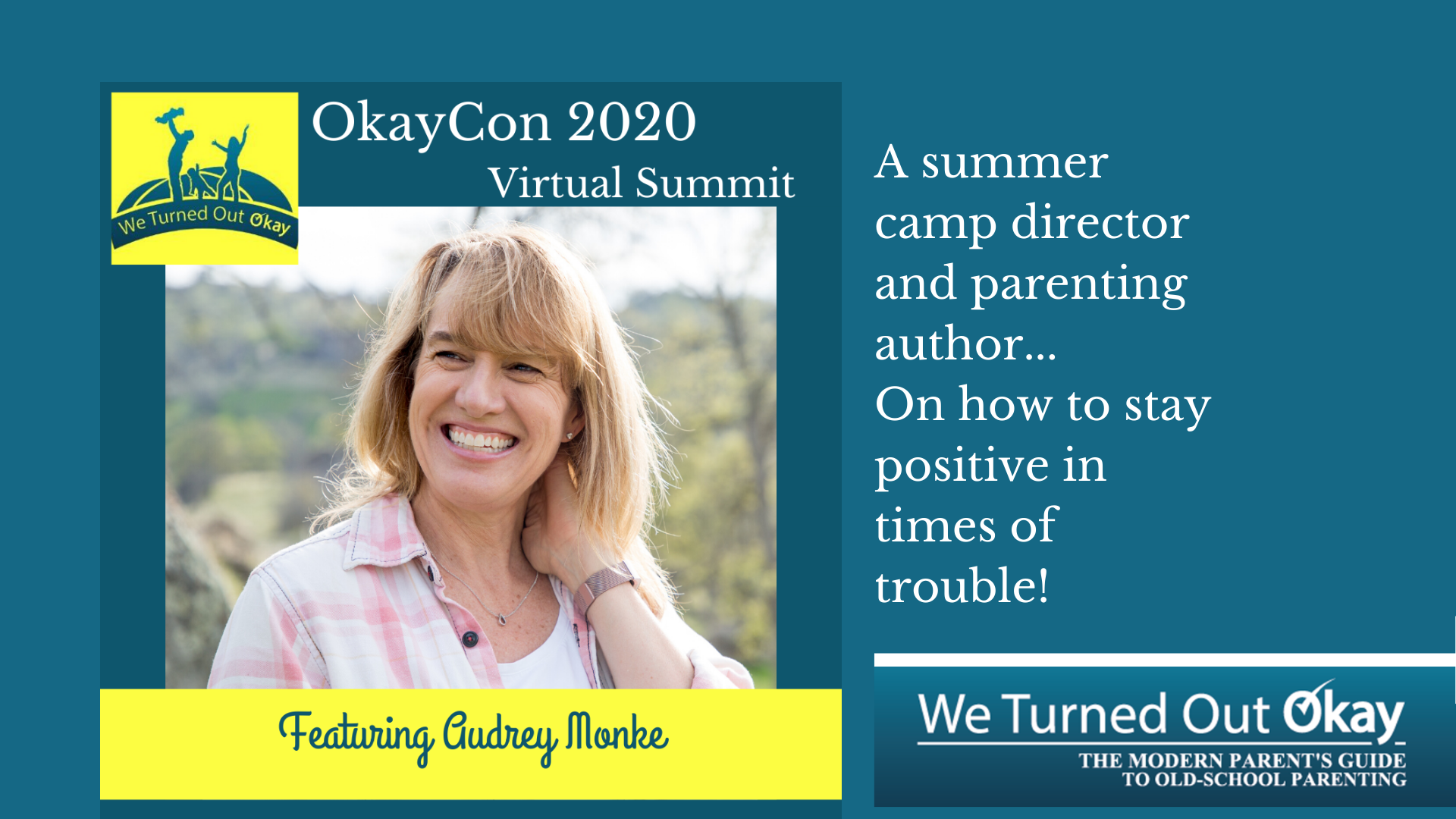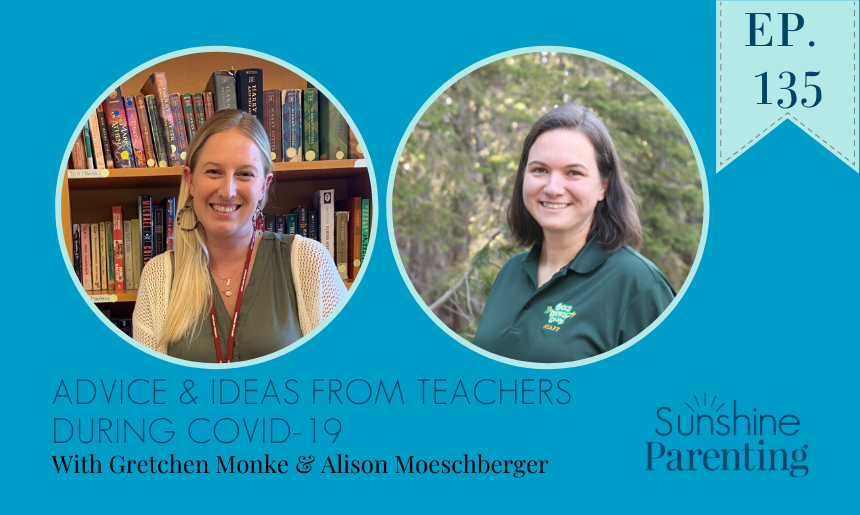
Download this episode.
I’ve spent the past weeks talking with youth development experts who are sharing their advice and encouragement for parents during this crazy time of social distancing, sheltering at home, or what I like to now call “Iso for the Rona” (the Australian term for “Isolation for the Coronavirus” that I learned from my email friend Vicki). Over the next several episodes, I’ll be sharing excerpts from those interviews, as well as links to the resources and ideas my guests shared.
I’m kicking off this series with two chats with teachers – one current high school teacher and one former sixth grade teacher. Both of them have a lot of experience working with and teaching kids, and they have some great ideas for parents who are new to “teaching” and now have your kids at home full time. I hope our chats bring you some encouragement during this challenging time!
Please continue to reach out to me with your feedback, questions, and ideas!
Thank you for joining me in raising kids who become thriving adults.


Gretchen Monke: High school English teacher at Live Oak High School (Morgan Hill, CA) who’s now teaching remotely while stay home orders are in place for COVID-19.
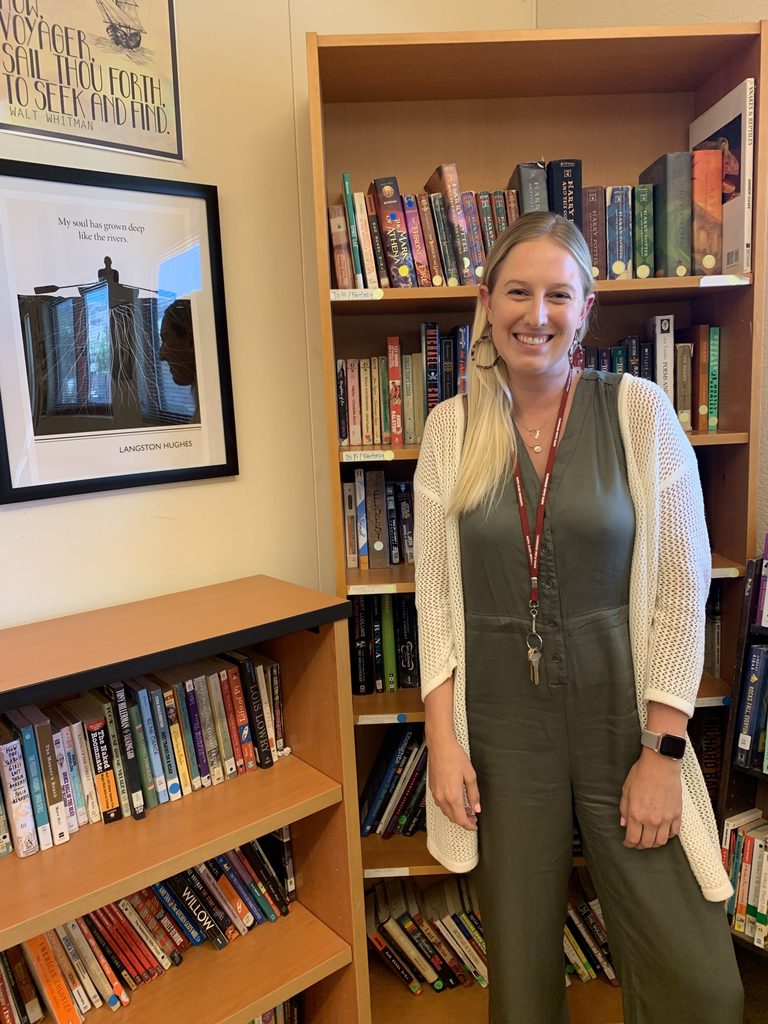
Gretchen Monke, Live Oak High School (Morgan Hill, CA)
What do high school kids need from us during this time? That’s the question I ask – and Gretchen answers – in our chat. Gretchen offers tips for parents and teachers about the connection kids need during this time. She also offers her downloadable daily checklist to help kids have the autonomy they want.
GRETCHEN’S DAILY ACTIVITIES CHECKLIST
Step 1: Open this Google Doc file
Step 2: Make a copy: Go into “File” and click on “Make a Copy.”
Step 3: Add or delete categories and tasks & start using!
Alternatively, you can download a PDF version (not changeable) below!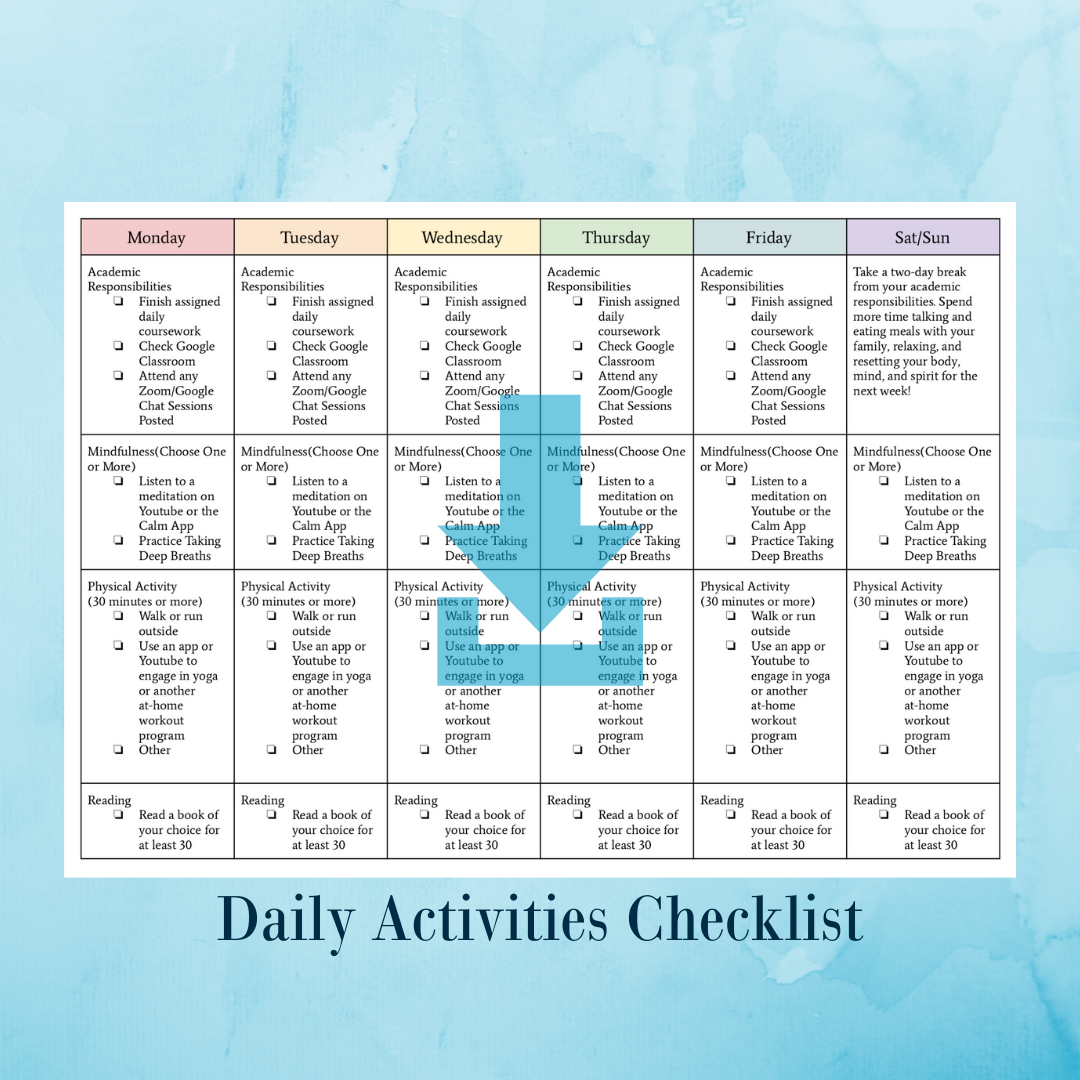
QUOTES
Gretchen: “Even the kids who maybe don’t love the academic aspects of school knew, even before we went remote, that they were going to suffer this loss from not being able to socialize with their friends. What they value the most is time with their friends and being able to socialize. So taking that away from them is a huge loss.”
Gretchen: “The kids are just looking forward to checking in with each other at these zoom meetings. They’ve become more about connection than any kind of formative work.”
Audrey: “Even if you don’t have some kind of setup yet, you can provide any way for your kids just to get together and check in with each other, sharing what’s going on.”
Audrey: “I’m a big proponent of not really having a rigid schedule, but instead having daily checklists, activities that we want to make sure we do every day.”
Audrey: “It’s helping me to stay in a routine because I think the tendency can be if you don’t have anything that you need to get to or do, you really could do nothing and doing nothing, as we know, does not promote us feeling good.”
Audrey: “What I like about having these daily checklists, and maybe having it be a family thing, is that you’re doing it together.”
Audrey: “If there’s something that you want to do, you can make the time to do it. If you think about what we’re not able to do right now, I think that doing a little bit more activity will make us all feel better.”
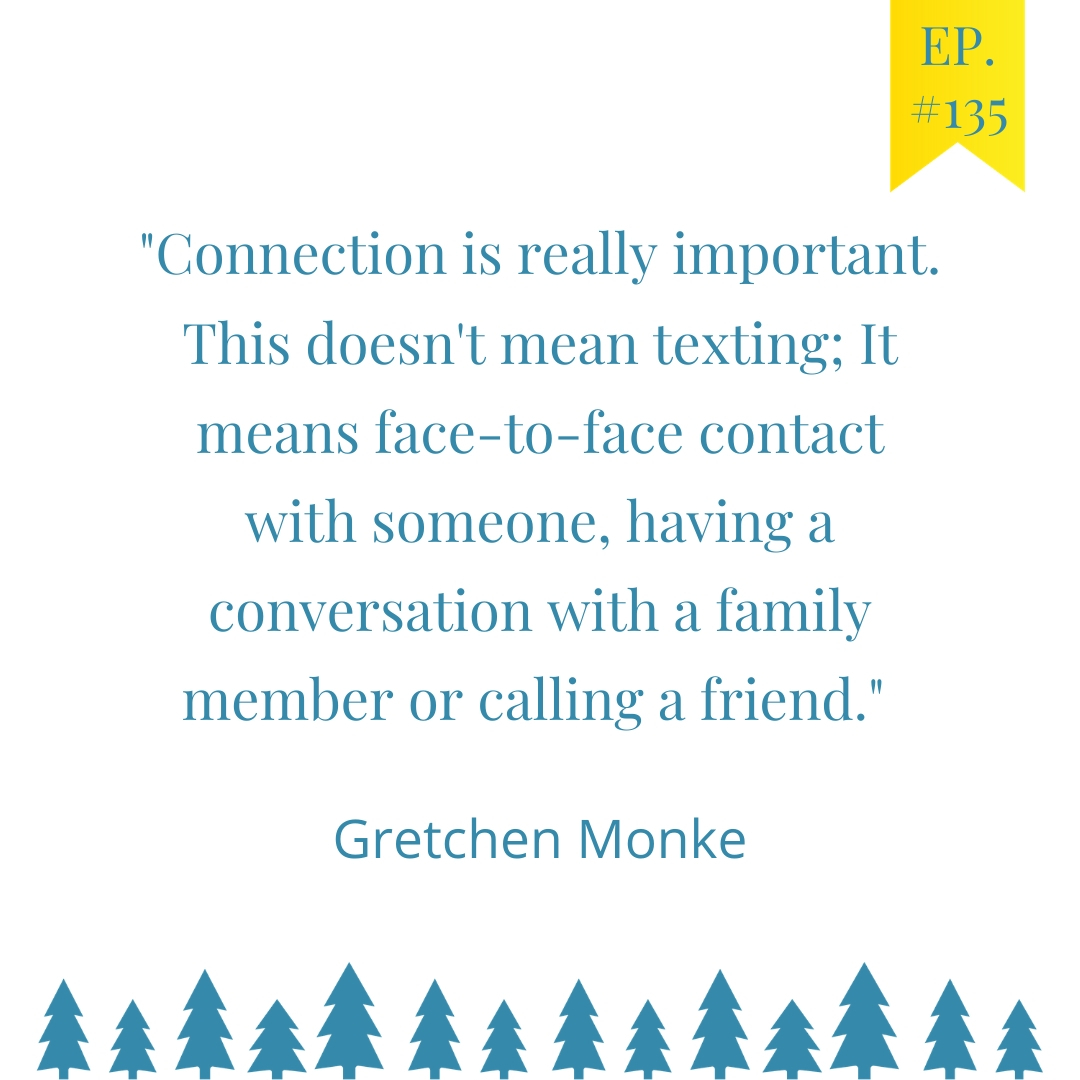
Audrey: “If you’re not used to doing some kind of family daily sharing, this is a good time to start something on a very small scale.”
Gretchen: “I’ve really loved having family dinners again. There are some things to be thankful for during this time. It is fun to get to be with my family again for a little bit.”
Audrey: “Make a list if there are things you’ve been wanting to do, like random craft supplies that you have around the house that you can now actually utilize or bake some bread.”
Audrey: “I realize how critical it is to stick with my daily activities. I think for our kids, it’s important to help encourage them to make sure they’re doing all those things, too.”
Resources & Links
Watch the video of our conversation.
Ep. 56: Off the Clock with Laura Vanderkam
Alison Moeschberger: Camp director and former 6th grade teacher who’s now responsible for teaching her girls (ages 4 & 7) while stay home orders are in place for COVID-19.
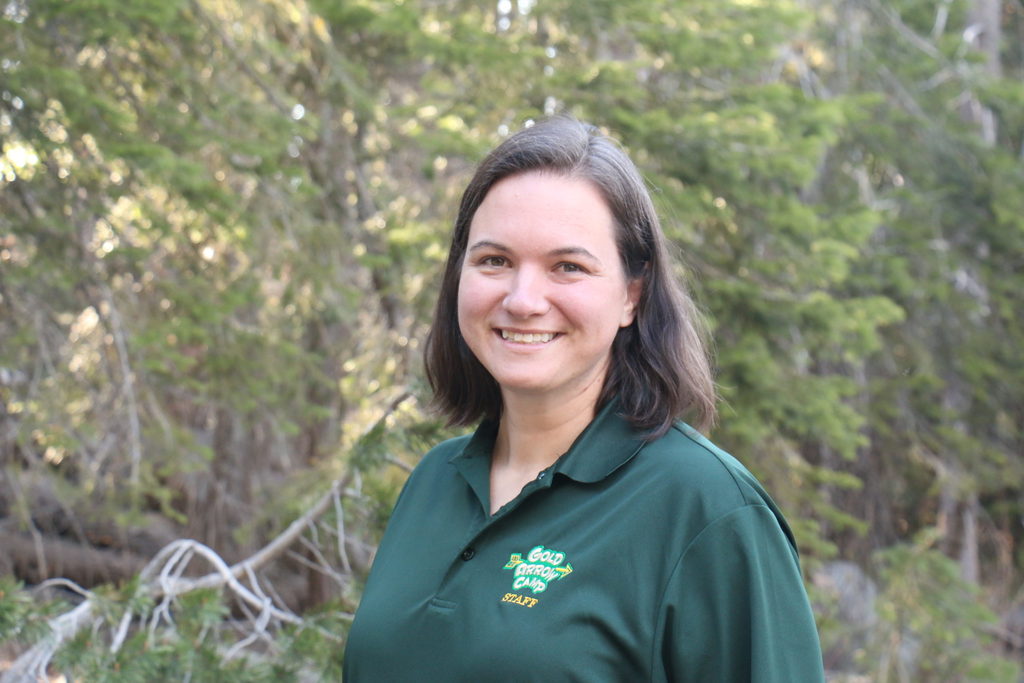
Alison Moeschberger
Camp director (Gold Arrow Camp) & former 6th grade teacher (The Classical Academy in Colorado Springs, CO), mother to two daughters ages 7 & 4
During her time at home with her family, Alison’s been coming up with a lot of activities to help keep her girls engaged, interested, and interacting with each other while also giving her some time to get her own work done.
QUOTES
Alison: “I don’t aim to be creating a Pinterest-worthy homeschool experience for my kids. I’m trying to come up with activities that will keep them engaged and interested and wanting to do things with each other, interacting and teaching each other things and giving me some space so I can get my work done, too.”
Audrey: “I think a lot of parents, especially parents who work outside the home and are used to having this very concentrated short time with their kids, have a little too high of expectations for the interaction with kids when you’re together all day long.”
Alison: “For us, family dinner is a non-negotiable time. We want to get together and make sure we’re having that time together.”
Alison: “My husband and I really want to spend some time with the kids so we both map out time to spend with each daughter independently. We want to make sure we have intentional, I’m-going-to-set-everything-aside-and-focus-on-you for this one activity today.”
Alison: “This is kind of a historic time that our kids are living through. And so I wanted to start a notebook where it’s kind of a keepsake. I ask very specific questions about the Coronavirus. I’m asking things that I think would be fun to look back at in a lot of years.”
Alison: “I think it’s all in finding the context and finding the fun. You can do a little science experiment together that takes care of a lot of learning. You’ve got your measurements, writing, and it’s not standards-based. I know how to write lessons that will accomplish the goals for first grade but I’m not even interested in that right now. I just want some brains-on time.”
Alison: “I want my kids to be thinking. I want them to be talking with me, interacting with me, following directions. So you can accomplish all of these things, just differently.”
Audrey: “You do learn something better when you teach other people. So if you have something that your child is supposed to learn for school, you could have them teach you how to do whatever their activity is that they are assigned. Because it is more fun when you get to be on stage. A lot of kids like to do the demo, so maybe parents can be the students sometimes, too.”
Alison: “My kids actually just love the attention that they get to show off the work they’ve done.”
Alison: “What’s important to me is that my kids don’t emerge from this viewing our relationship any differently.”
Alison: “This is what we do on weekends, maybe not with such educational emphasis, but we still try to have fun. We still have adventures and we still program part of every day, even on the weekends. Now it’s just the same thing. We are trying to keep an eye on what she’s missing by not being at school and filling the gaps at home.”
Alison’s Photos & Ideas
This Week’s Podcast Segments
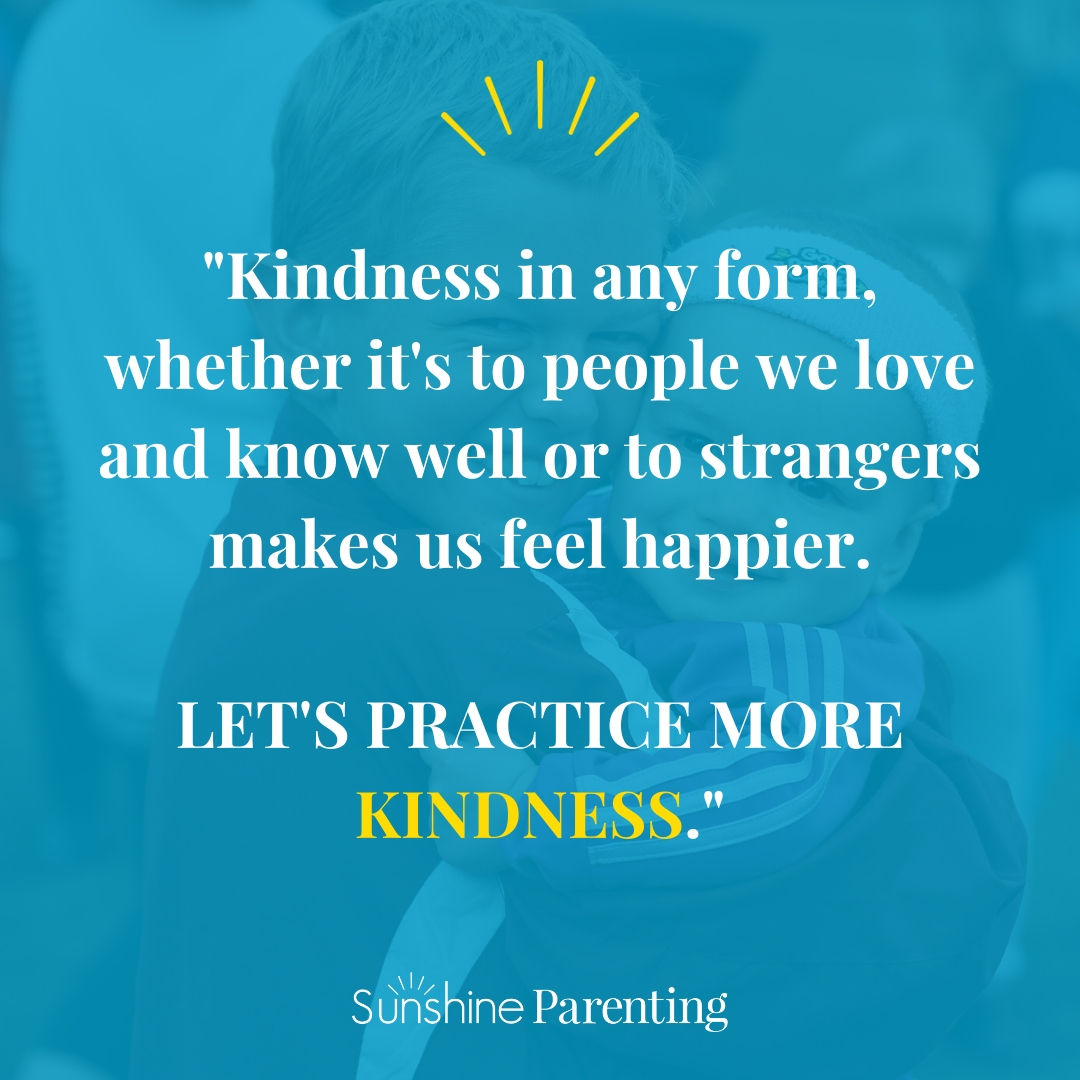 One Simple Thing: Kindness!
One Simple Thing: Kindness!
The results indicate that performing kindness activities for seven days increases happiness. In addition, we report a positive correlation between the number of kind acts and increases in happiness. Neither effect differed across the experimental the groups, suggesting that kindness to strong ties, to weak ties, and to self, as well as observing acts of kindness, have equally positive effects on happiness.
https://www.ncbi.nlm.nih.gov/pubmed/29702043
Join me for 30 Days of Kindness!
My Favorite: Graphic “Who do I want to be during COVID-19?”
I originally saw this graphic on Tara Leigh Cobble’s Instagram (but I’m not sure if she created it).
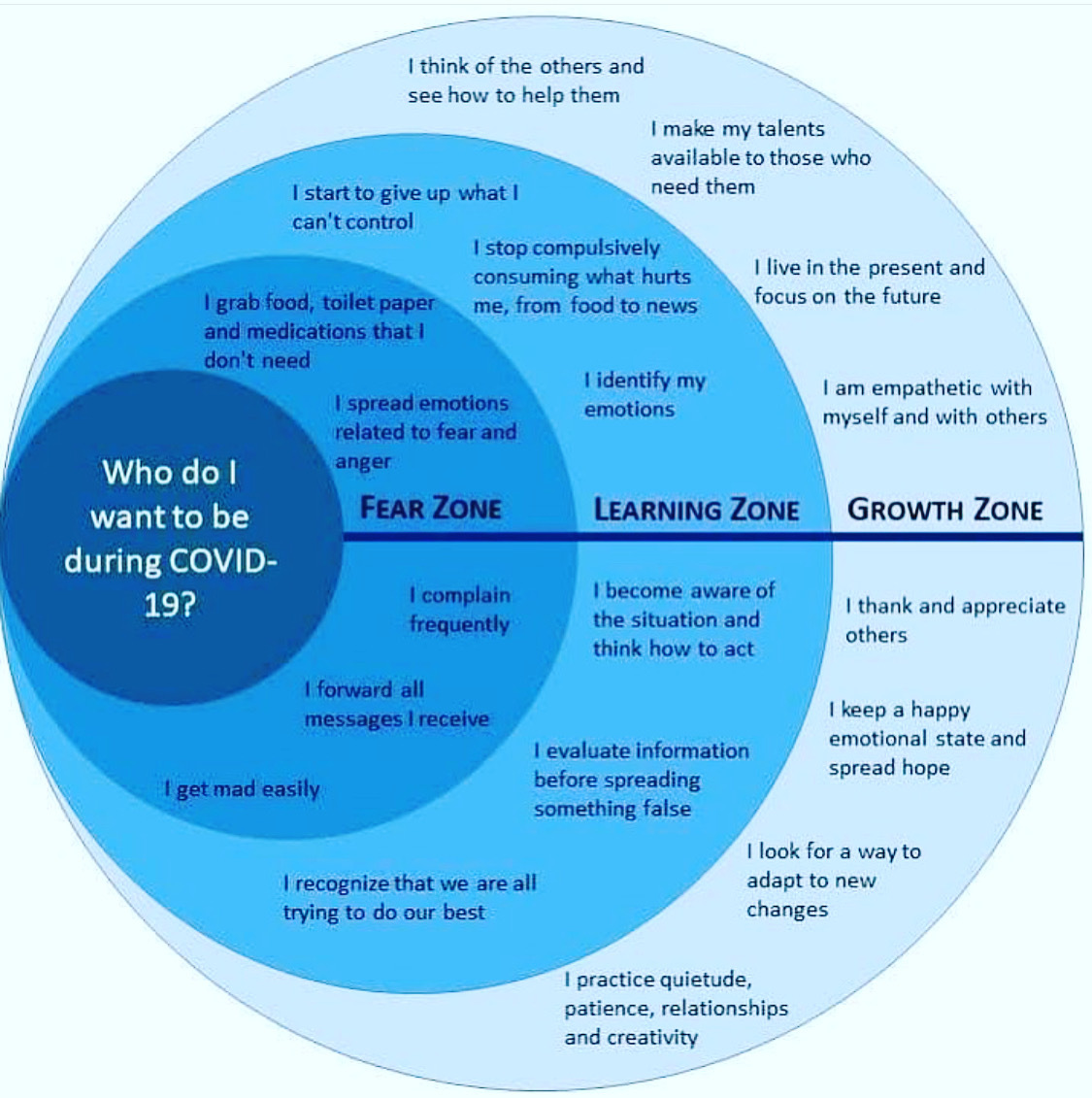
Listener Question: How are you staying positive?
I’ve done a few recent interviews also answering this same question:
Parenting & Staying Positive during the COVID-19 Crisis (Happier in Hollywood Podcast)

